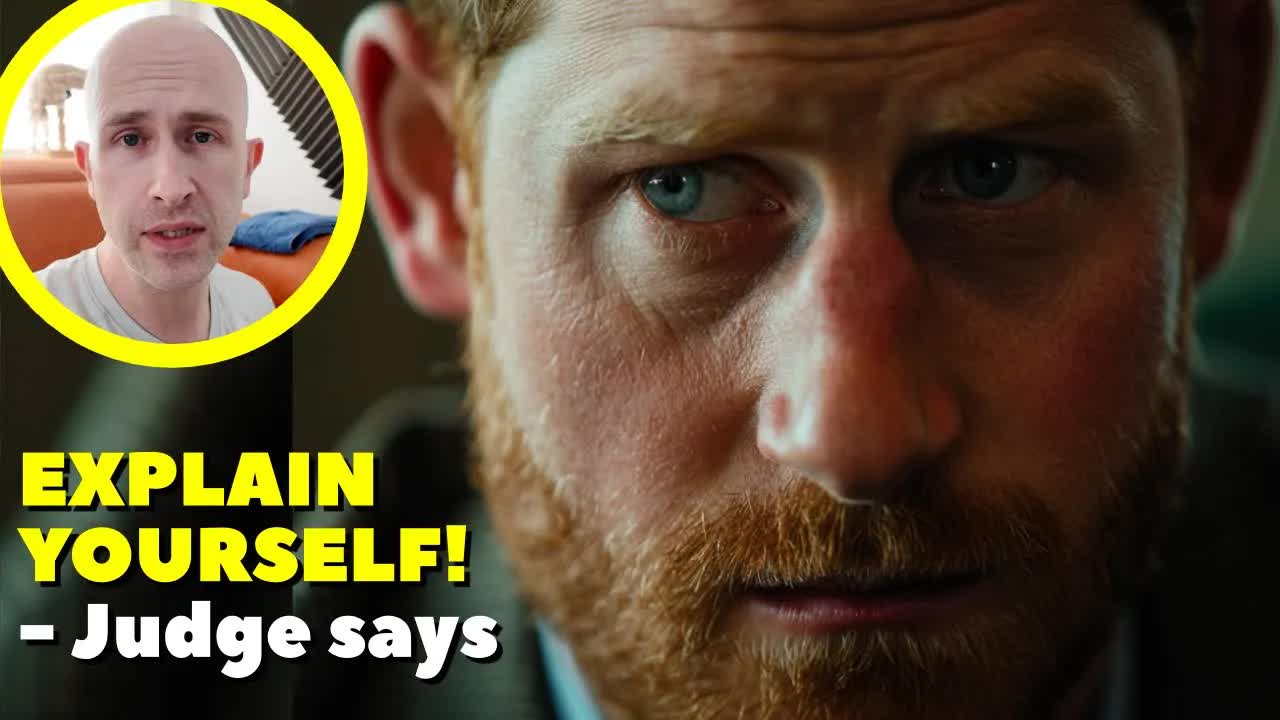In a surprising twist in the ongoing legal battle involving Prince Harry and Newsgroup Newspapers, a High Court judge has mandated that the Duke of Sussex provide a witness statement regarding the destruction of messages exchanged with his ghostwriter.
This directive comes as part of Harry’s privacy claim against the publisher of The Sun, highlighting concerns over potentially crucial evidence that has gone missing.
Mr. Justice Fancourt, presiding over the case, expressed serious apprehension upon discovering that numerous relevant documents and private communications between Harry and his ghostwriter, associated with his memoir “Spare,” have been deleted.
These deletions reportedly occurred between 2021 and 2023, a period during which Harry’s legal claim was already active.
The judge characterized the absence of this documentation as “remarkable” and indicative of a significant gap in the evidence.
One might wonder why the destruction of such messages raises eyebrows.
After all, many individuals routinely purge old texts and emails.
However, when a legal claim is filed, the stakes change dramatically.
Destroying evidence that could be pivotal to a case can lead to serious repercussions.
In this instance, the court is particularly interested in understanding the circumstances surrounding the disappearance of these communications.
To shed light on this issue, it’s essential to understand the concept of disclosure in UK law.
When one party makes a claim against another, both sides are obligated to disclose any material that may be pertinent to the case.
This includes not only evidence that might support one’s argument but also information that could aid the opposing side.
The underlying principle is simple: the court seeks the truth, and it requires access to all relevant evidence to make informed decisions.
In civil cases, the judge serves as the finder of facts, evaluating the evidence presented by both parties.
This process is critical for resolving disputes where facts are contested.
If one side claims an event occurred while the other denies it, the court must have access to all available evidence to adjudicate the matter effectively.
The disclosure process entails a thorough search for documents, where parties must account for what they have examined, including phone records and emails.
Certain documents may be deemed legally privileged, meaning they cannot be shared, but the obligation to disclose remains robust.
The expectation is clear: once a claim is initiated, parties must take reasonable steps to preserve any documents that could potentially influence the case’s outcome.
In this particular situation, reports indicate that around 35,000 emails were reviewed at a cost of approximately £50,000, yet nothing of relevance was found.
While this hefty price tag for a fruitless search might raise eyebrows, it underscores the extensive efforts made to comply with disclosure requirements.
Harry’s legal representative, David Sherborne, has countered accusations of negligence, asserting that the opposing side has been slow to fulfill its own disclosure obligations.
The judge’s demand for Prince Harry to submit a witness statement stems from the need to clarify what happened to the deleted messages.
Although Harry was not present during this ruling, the court is keen to understand whether there were attempts to recover the lost communications and the rationale behind their deletion.
As the case progresses, it seems likely that there will be further hearings where the judge will scrutinize the contents of Harry’s statement.
This will provide an opportunity for the court to delve deeper into the circumstances surrounding the missing messages and their potential implications for the overall case.
This development adds another layer of intrigue to what has already been a high-profile legal saga.
With the judge’s order for a witness statement, all eyes will be on Prince Harry as he navigates this complicated legal landscape.
The outcome could significantly impact the privacy claim he has lodged against the media giant.
As we await further updates, this situation stands as a reminder of the complexities involved in legal proceedings, especially when personal communications are at stake.
The tension between protecting privacy and ensuring transparency in legal matters continues to be a contentious issue, one that will undoubtedly evolve as the case unfolds.

